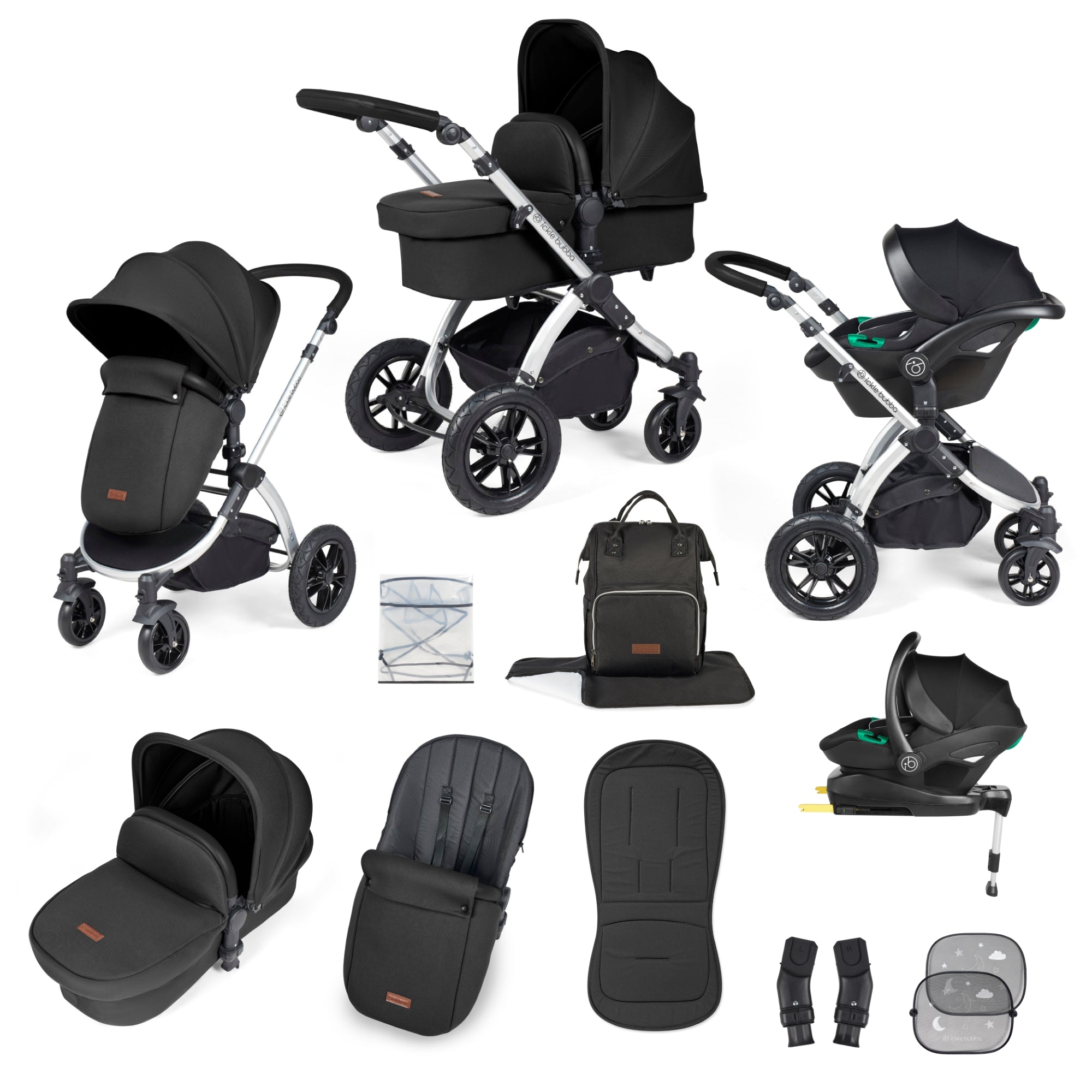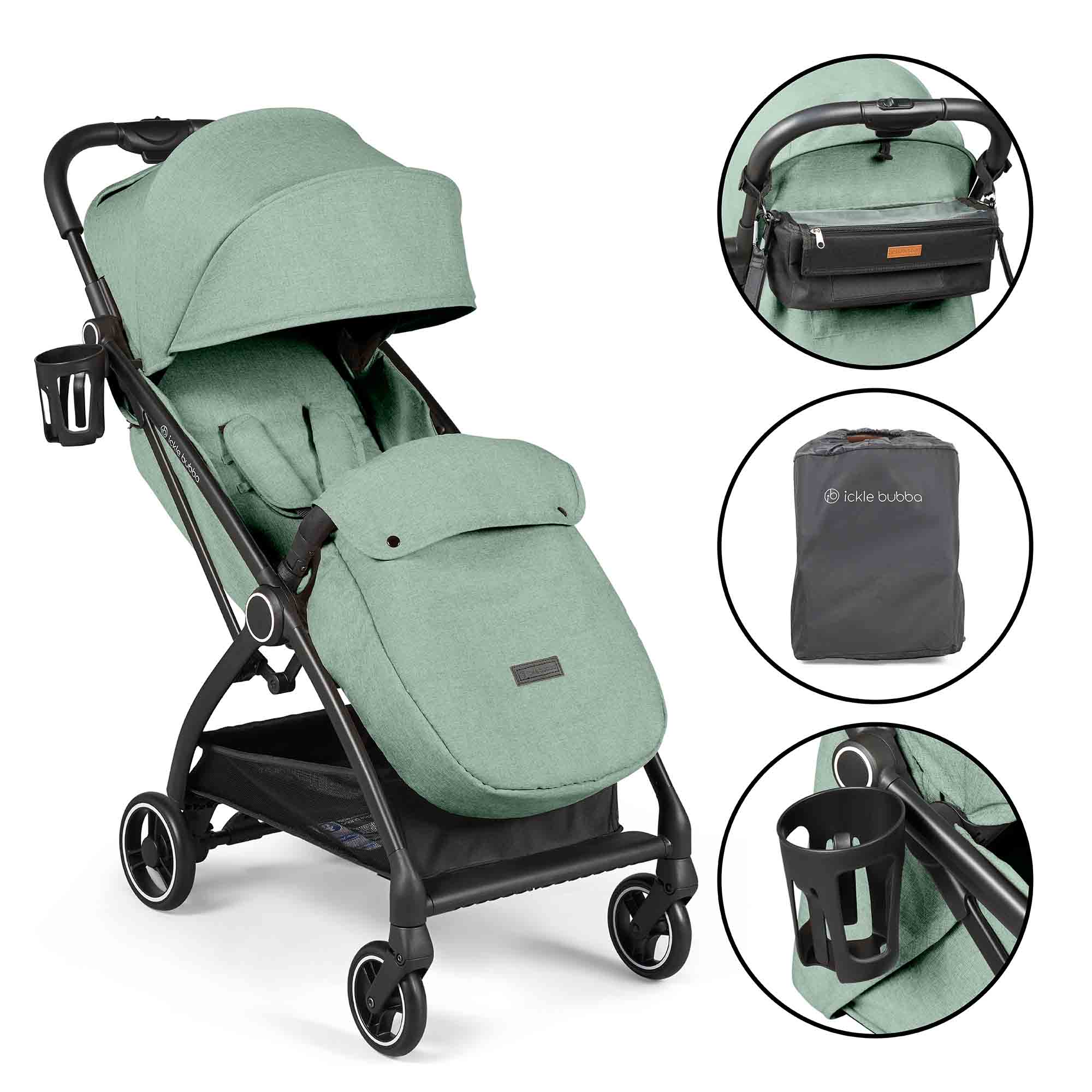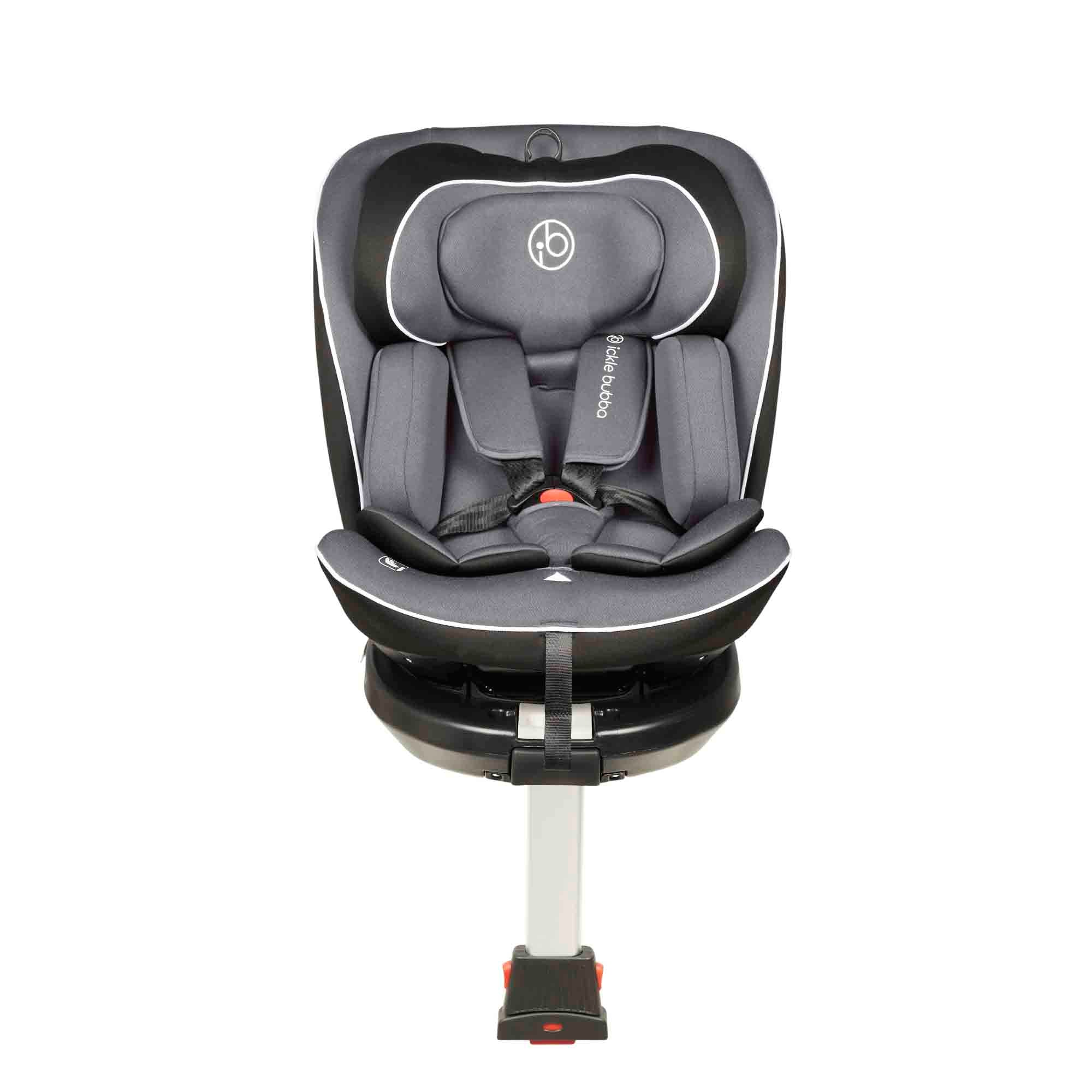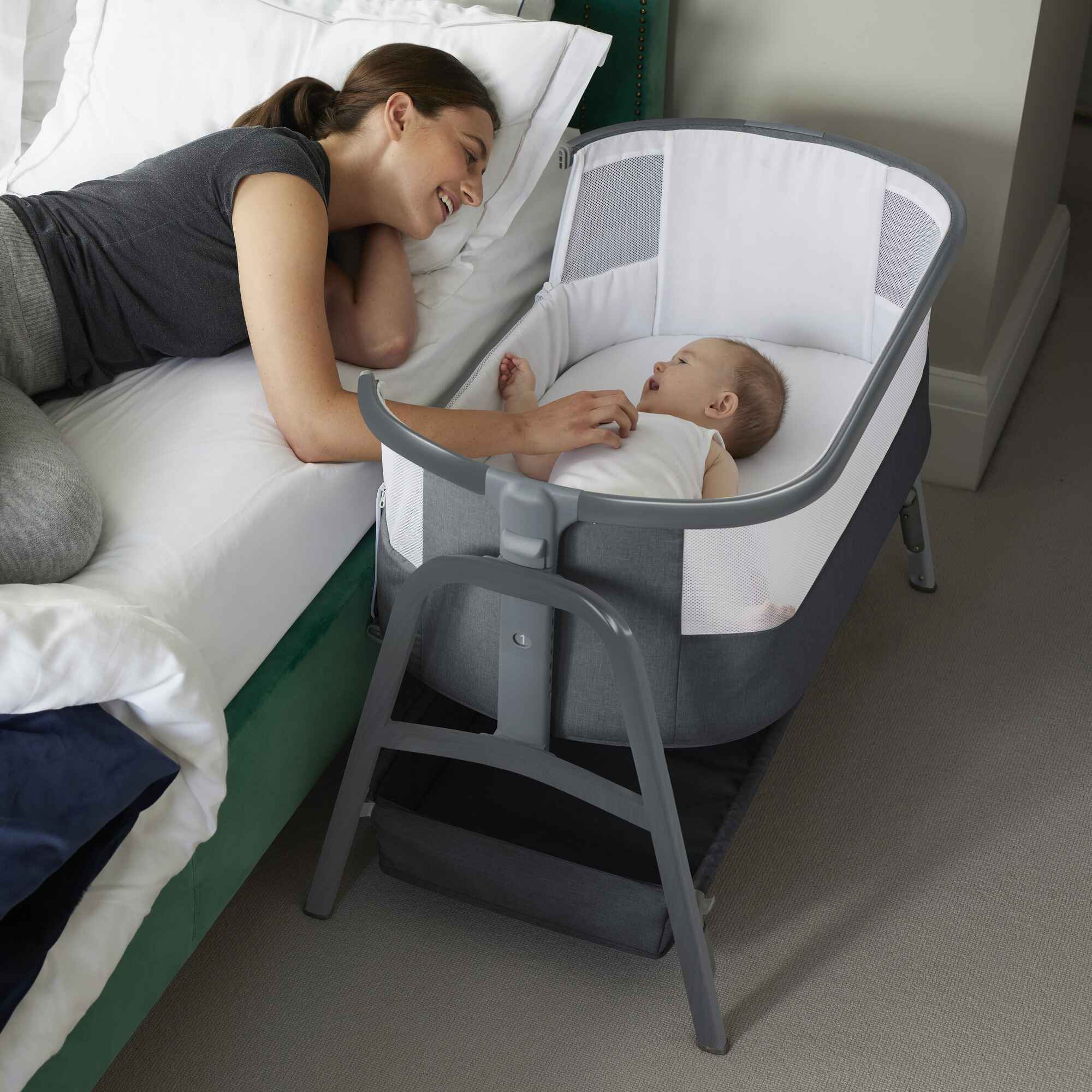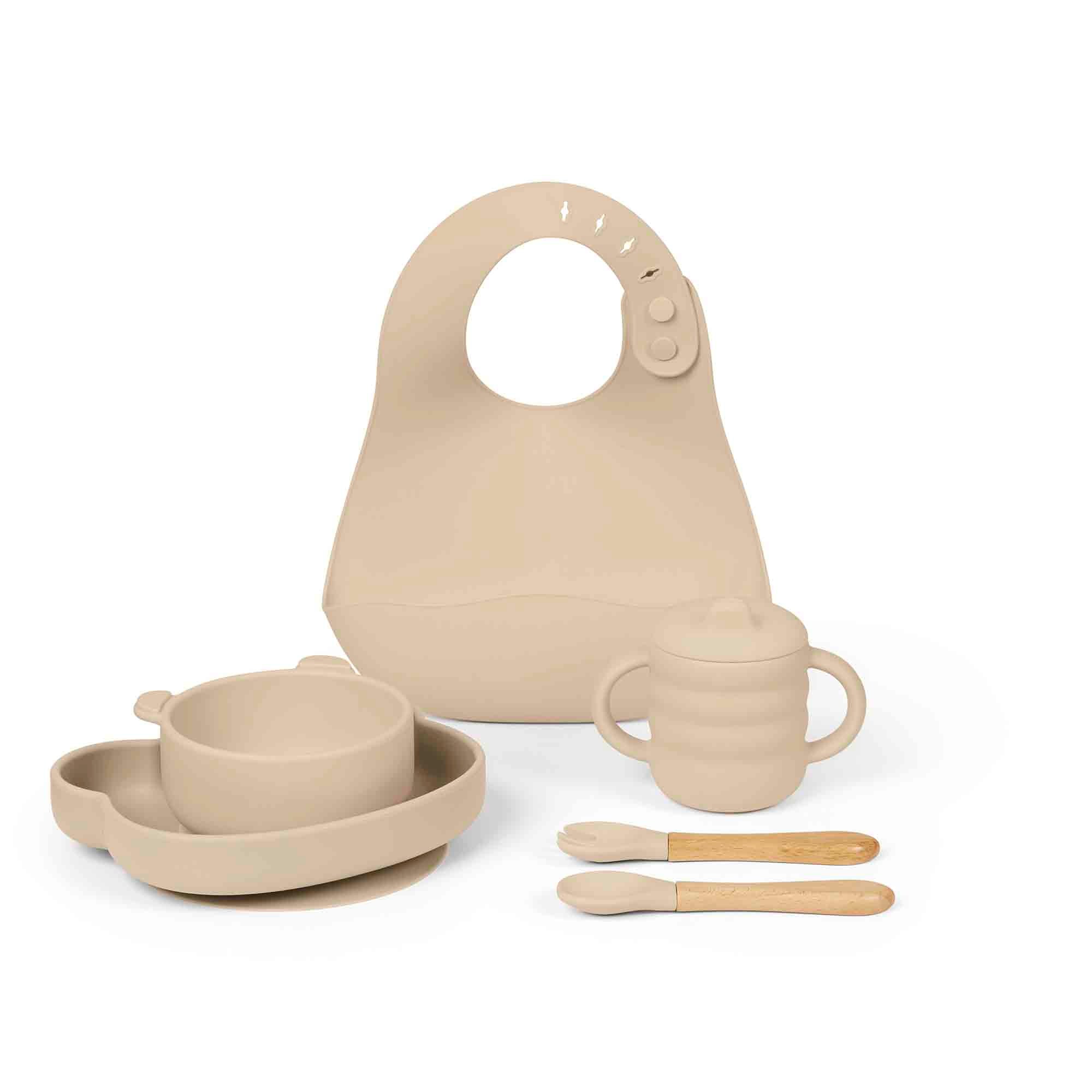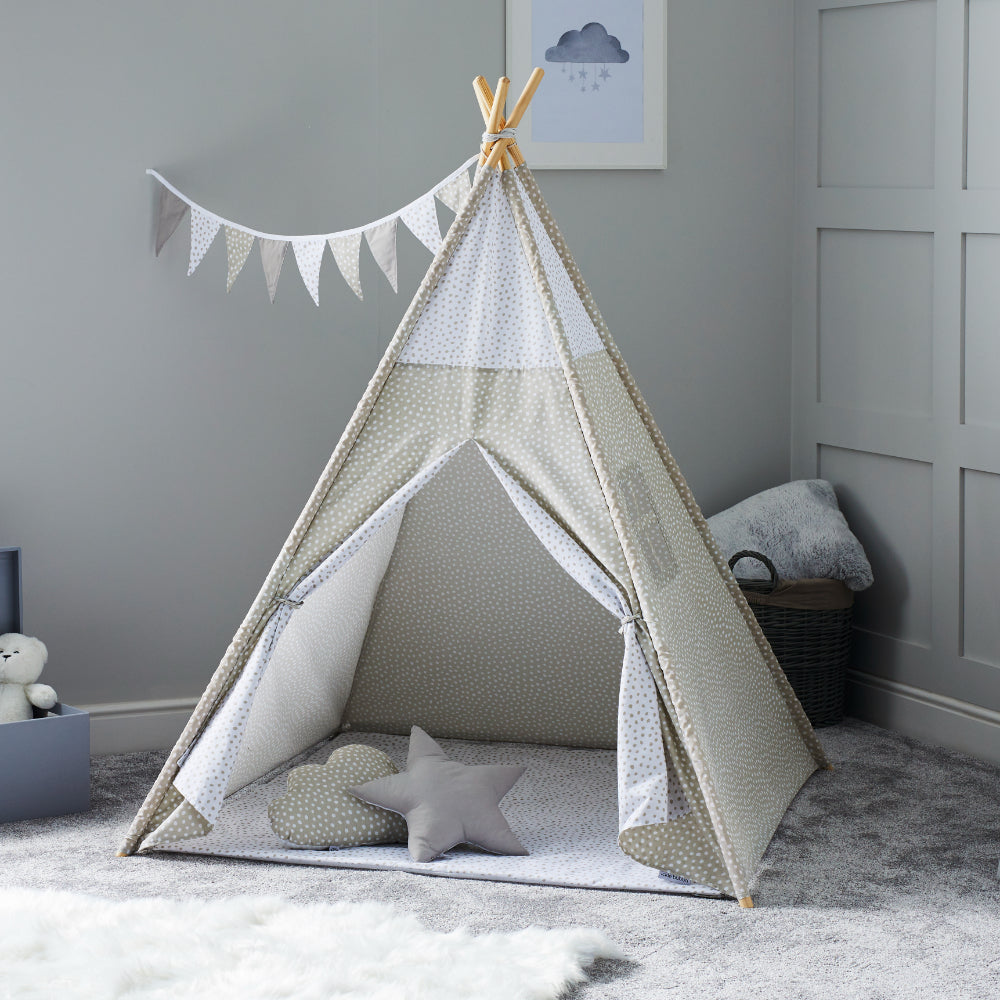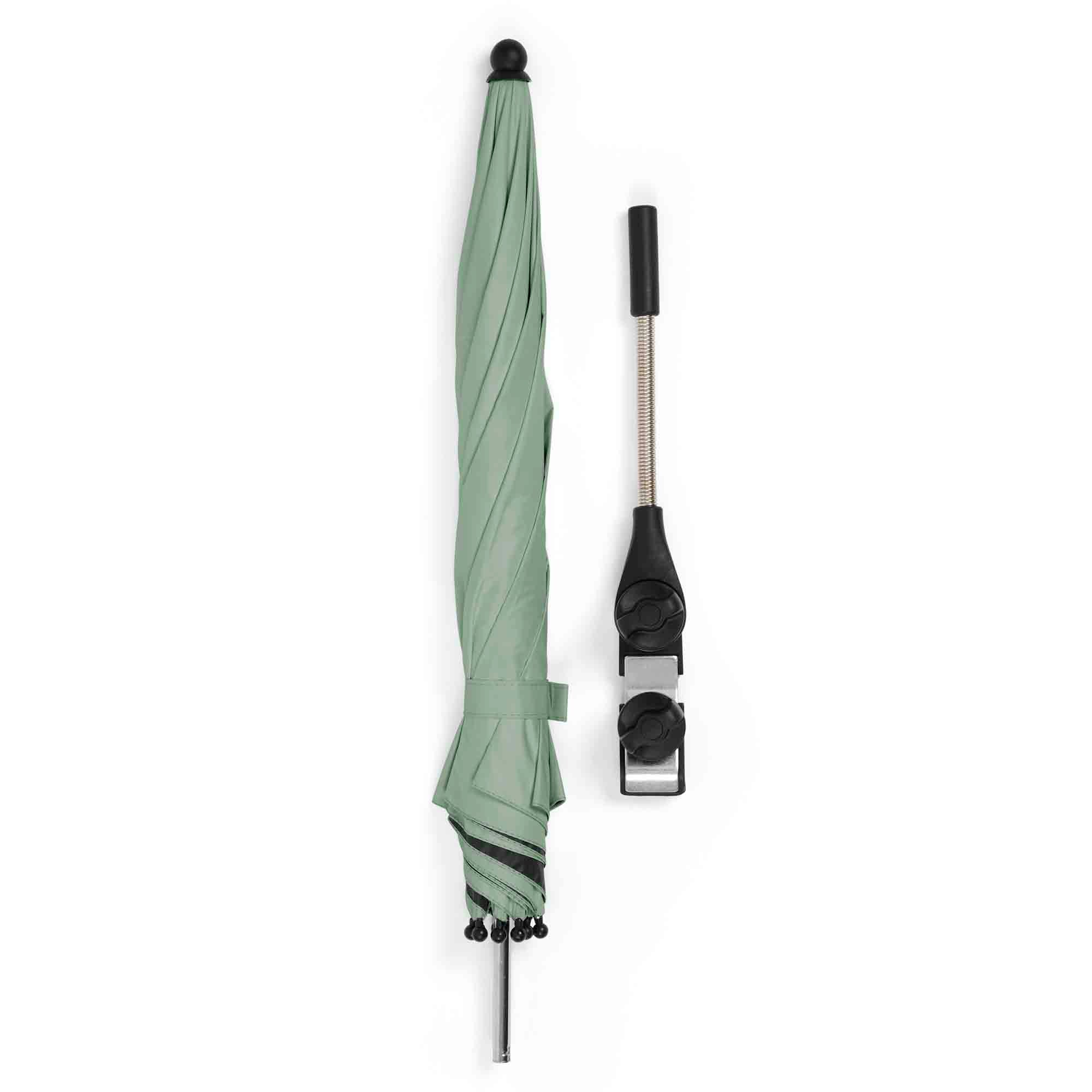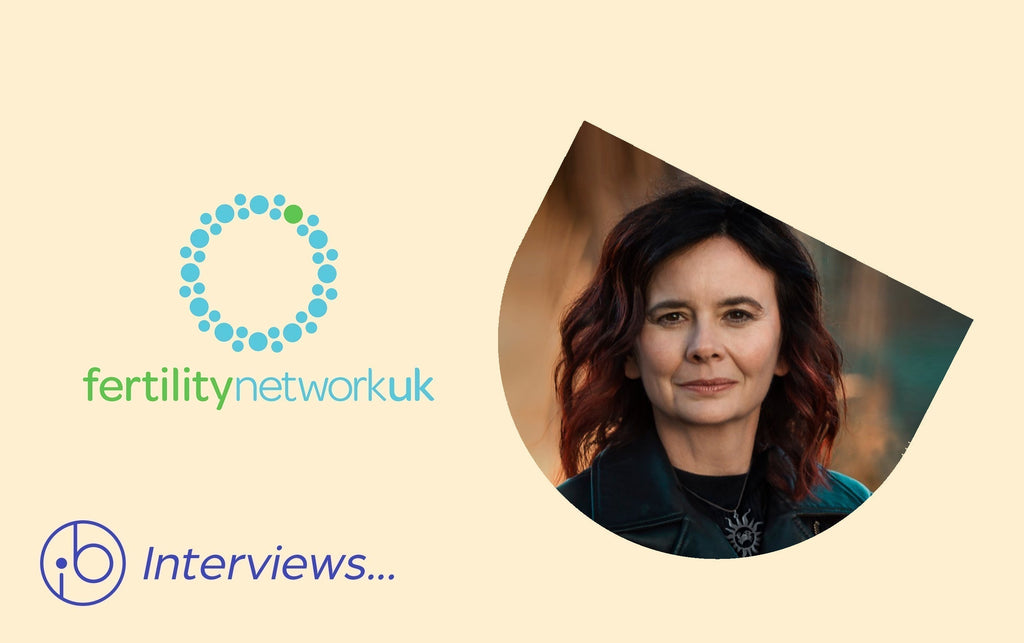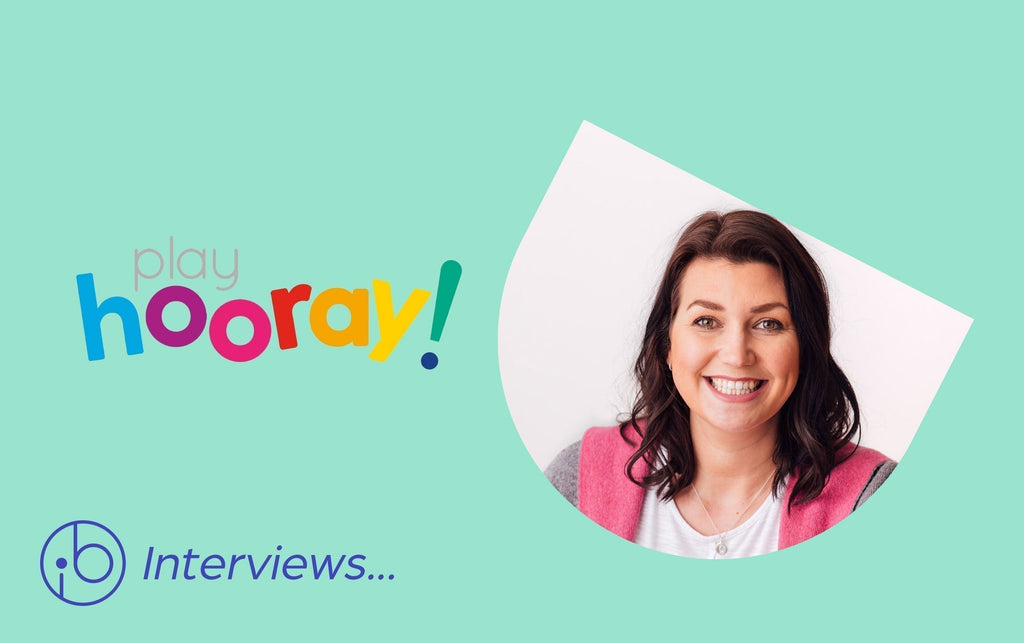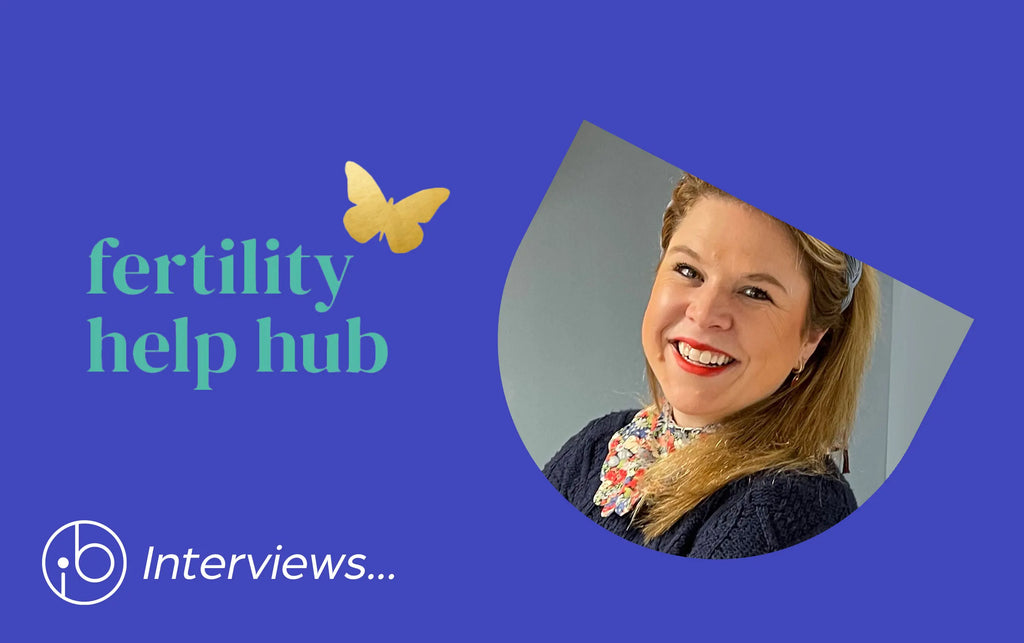Losing Your Baby
Interview with Malin Andersson
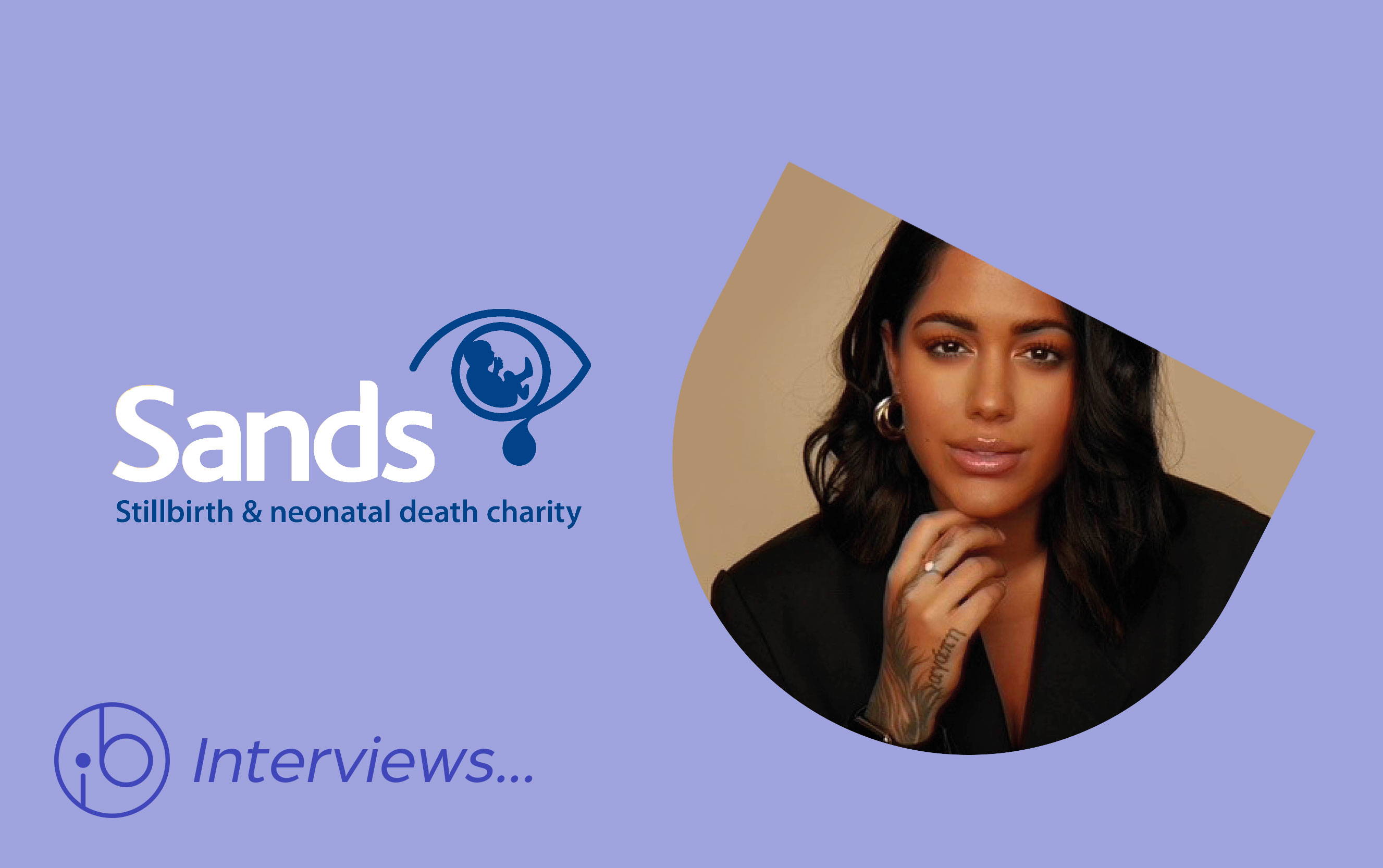
Content warning: Given the nature of this article, please be aware that we tackle some difficult subjects, including baby loss, suicide, grief, and domestic abuse.
We marked Baby Loss Awareness Week 2021 by holding an Instagram Live with Malin Andersson, in partnership with the brilliant team at Sands baby loss charity. We’ve written up our Instagram interview with Malin and republished it here for you. It’s quite a long one so we’ve broken it up into two parts.
For those of you who don’t know Malin, she is an ambassador for Sands, as well as a motivational speaker who shares her experiences with her followers, especially the loss her first child, Consy, a few years ago. Now pregnant again and expecting shortly, Malin can look back at her experiences with a little more optimism. She speaks passionately and openly about her struggles, offering some tips on how to face such a trauma and come out the other side.
We feel it’s important to recognise this issue and help expectant parents to understand that, while you may lose hope, as Malin has proved, there is life after baby loss. It just takes time and a little strength.
Ickle Bubba: Hi Malin, thanks for joining us. Right now, you’re in your 3rd trimester and due in January. How are you coping with everything? At the start, it must have been difficult to comprehend everything and take it all in.
Malin: Yeah, the beginning was weird. It’s a surreal feeling because you’re bombarded with hormones. I was feeling sick and tired, and you have that fear which just continued throughout the whole thing. It never goes away. But now I’m more chilled. This pregnancy has been so relaxing and stress-free. I’ll get up, laze around in my pyjamas - sleep, chill, eat - then just get up and get ready. Nothing has been too stressful with work, so it’s been ok, to be fair.
Have you been able to gradually allow yourself to relax and get a bit more excited?
As time has gone on, I have. In the beginning, I felt quite depressed and had intrusive thoughts, there was a lot of fear going through me. But now I’m more settled. She’s just growing and getting bigger, and I can feel her more now, so it’s much nicer.
Do you feel you’re relaxing more with each milestone you reach? Or are you always waiting for the next one?
At the moment, I’m waiting to hit 32 weeks because that’s when Consy came. But I don’t want to think about it too much. The reality is, when she’s here in my arms, that’s when I’ll be alright. But I think that feeling is true for most mums.
Yes, exactly. I guess, for you, everything feels a bit more heightened.
Definitely!
In terms of responding to pregnancy after loss, we’ve had quite a lot of questions from our followers, many struggling to deal with other people celebrating their pregnancy news. How did you deal with your loss when there are reminders all around you on Instagram and social media?
It was hard for me because the grief hadn’t really kicked in during those first few days. You think ‘this is not really happening to me, it’s not real’. And then once that feeling goes, you’re then in pain and that pain can be triggered by anything. So, for me, I unfollowed people who were announcing pregnancies or posting photos of babies. Anyone who was a mum, I unfollowed online.
Then in real life, in the street, seeing mums and prams – it gets into your head, and you think ‘that was meant to be me’. I think that does last for quite a while to be honest. But there’s no stopping real life. You can control what you see online and on your social channels to protect your mental health, but the tough reality is: there are children and babies everywhere. I guess that was part of my healing process. I always say, you’ve got to go through that pain to come out the other side. And I had to push through it even though it was hard.
You needed to give yourself that time to – not shut yourself away – but stop yourself from seeing those things all the time. Seeing those things is obviously hard but that’s a useful tip: mediate what you can.
Exactly. Control what you can.
Another theme that came up in the questions we’ve had, was from people who are seeing loved ones going through that loss and not knowing how they can support them.
I think speaking is really important. Letting that person that has lost know that you’re there for them. Offer advice and support but don’t overdo it. But at the same time, if you don’t talk about it, they might think you don’t care. So, it’s getting that fine balance of letting that person know you’re here to chat, that you understand, and you know what they’re going through. Even though they won’t understand because they haven’t gone through it, but just letting them know they have a shoulder to lean on. When we talk about grief, it’s all about being able to speak to someone because otherwise it boils up in your head and you just want to explode. I think having someone to talk to is the most important thing.
And did you find that people didn’t want to mention Consy's name to you because they were scared of upsetting you? How did you feel about talking about her afterwards?
I think people were treading on eggshells – that’s what it felt like they were doing. They wouldn’t want to bring it up in case it was hurtful to me. It’s such a taboo topic. It’s uncomfortable talking about a dead child – no one wants to talk about it. It sounds morbid and horrific, but she was my child. I carried her and I went through it. She was alive for a month, even if it was only a month, so I do want to talk about her. And I find comfort in that.
That’s me personally. I know everyone is different, but I would like people to talk about her with me. Even with my pregnancy now, the nurses have all been brilliant – but they would say ‘We see you’ve had a loss…’ and they were trying to skirt round it, but I said ‘It’s alright to talk about it. Don’t worry, I want you to talk about her.’ It’s human to be awkward around grief, isn’t it? it’s not spoken about, and we’re not educated on how to deal with it in school.
And especially when you might have friends who have never been through it, how do they try and relate to you in that situation? It’s very difficult.
They can’t. Unless you’ve gone through it, you don’t understand it. It’s the same with friends losing their parents, and things like that. You’ve just got to feel it. You can’t even expect that people will feel a certain way because it’s an unimaginable pain. But I think you just have to speak about it.
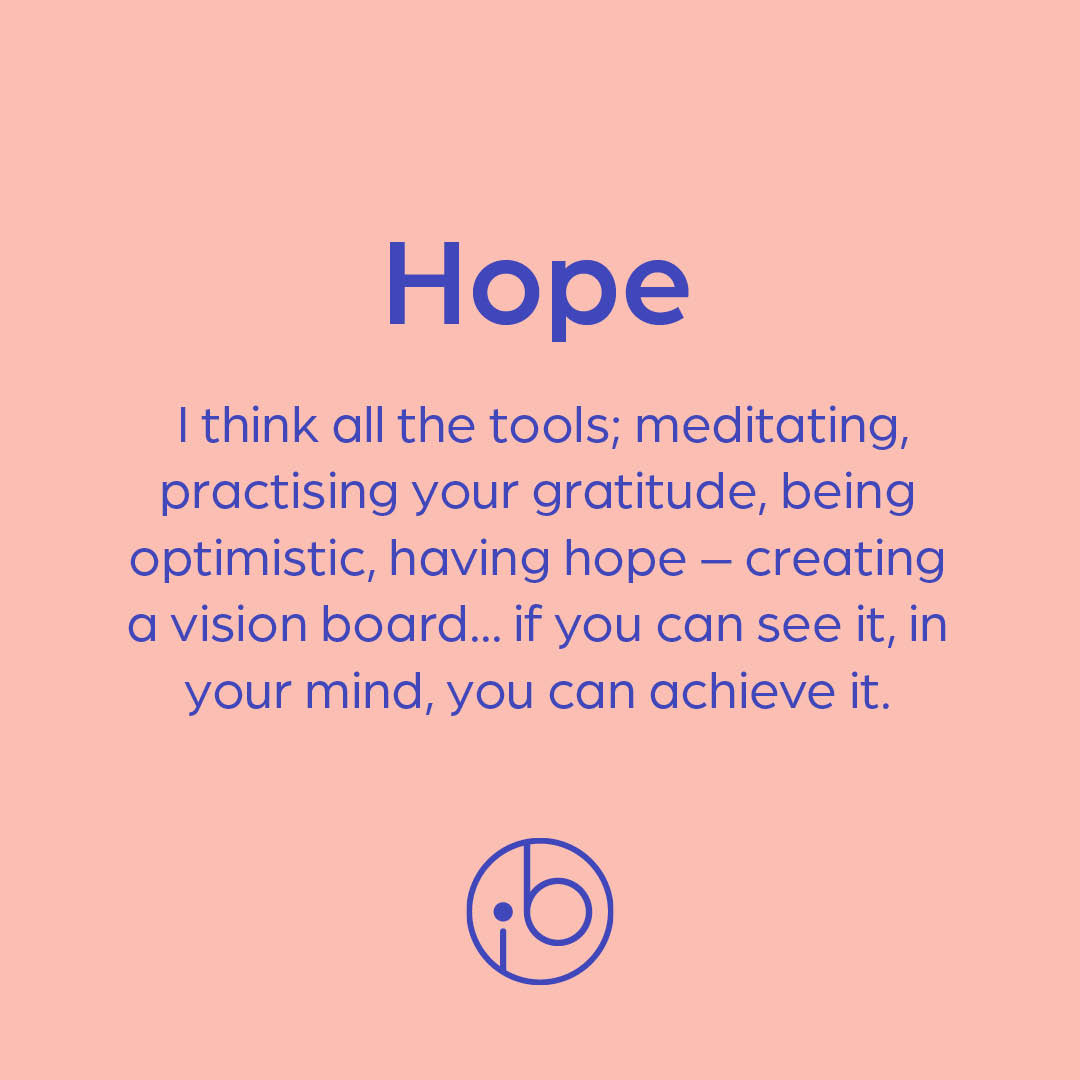
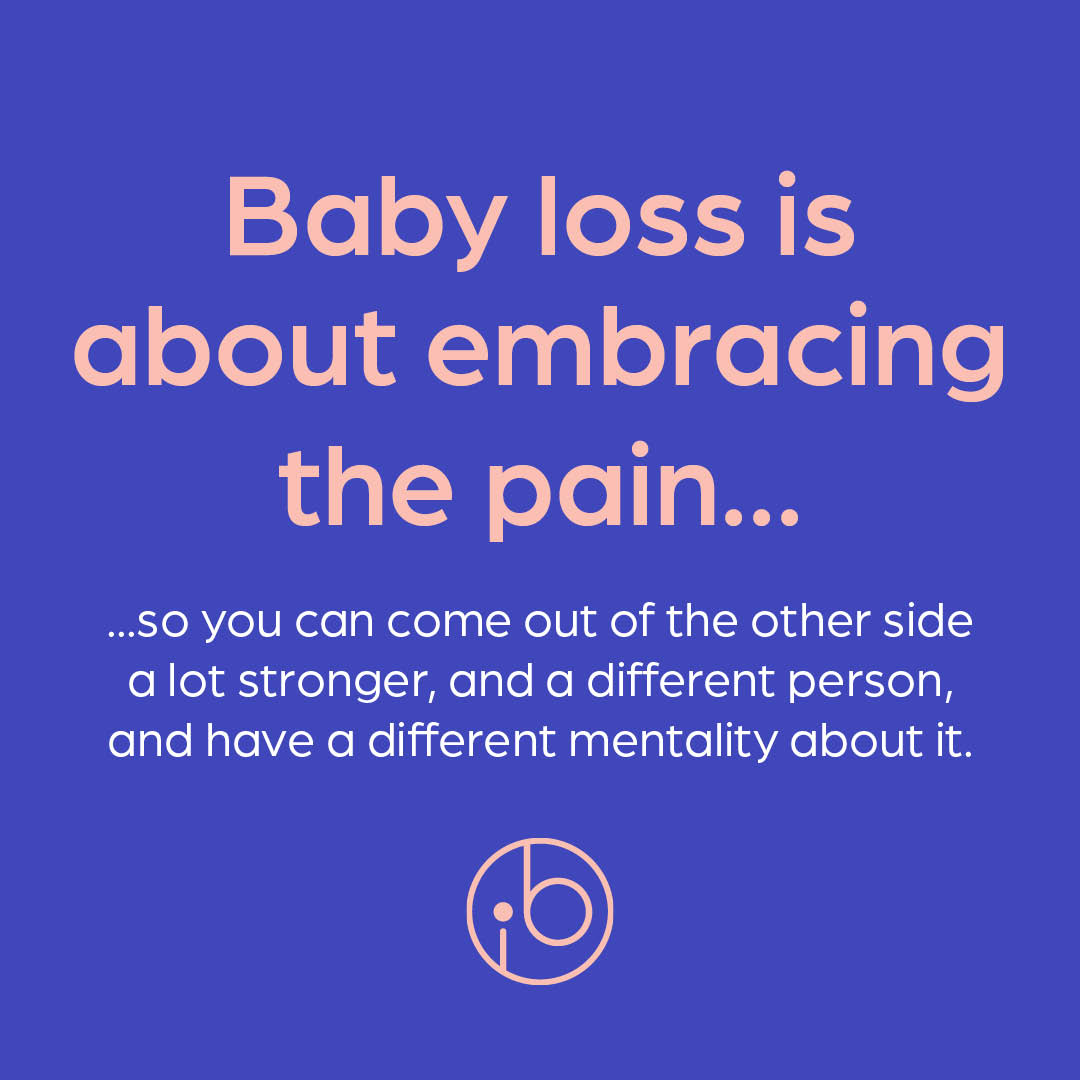
Other than speaking about it, were there other practical things that helped you through that time – that helped you get yourself into a better mindset?
I’ll be honest, I went down a bad spiral. I went out and partied. I didn’t want to confront how I was feeling. I didn’t want to do anything to help myself at all. I was stuck in a very sad mentality of victim mode where I just felt a lot of pain. I was angry at the world and felt a lot of anger in me. I’d just lost my mum and now I’d lost my child. I didn’t want to help myself, in fact, I tried to overdose a couple of times because I didn’t want to be here. And that’s the reality of it. Baby loss isn’t about ‘OK, you’ve lost your child, now let’s see how we can get you back to who you were before.’ It’s about embracing the pain so you can come out the other side a lot stronger and a different person with a different mentality around it.
For me, I had to go through that dark, dark time. I had to go through the crying and the loneliness and the pain. I was in a domestically abusive relationship at the same time, with her dad. There was a lot going on for me and I didn’t want to be here. But when I came out of that, what did help me was being open and honest about my feelings. And writing – I loved writing! When I look through them now, my journals from 3 years ago are really sad but I would write what was on my mind – anything that came to my mind, I’d write it down and release it. That was my way of getting it out of my brain. I took up exercise and yoga, I’d make smoothies every morning. I would implement little changes slowly but surely, but not overdoing it because it’s not realistic to change your routine suddenly. So, I made little changes that were healthy and beneficial to me.
And that’s inspired everything you’re doing today. You went from party girl to sharing your experiences, starting a podcast, and doing lots to help others. How did it come about, channelling your pain to help other people?
When I was going through the pain, I was journaling. I was used my Instagram as an online journal, and I was talking about how I felt. And I was releasing those thoughts as well. It was like therapy to me, talking about it. I knew that if someone could read it and relate and understand then I would be helping someone and that helped me even more. So, I was in this position where I was helping and reaching so many people and getting thousands of messages in and that was helping me heal. It felt so liberating so I carried on and I started talking about things that I’d kept in – eating disorders or whatever it was – and it felt so rewarding. And I’ve just not stopped. In losing Consy, that’s when I truly found my purpose and what I wanted to do, which is ironic. You have to go through something traumatic to found out who you really are as a person. And I’ve not stopped since. I wake up every day with that drive to talk about things and fight for things – and she lives through me in that way. That’s the positive I can take.
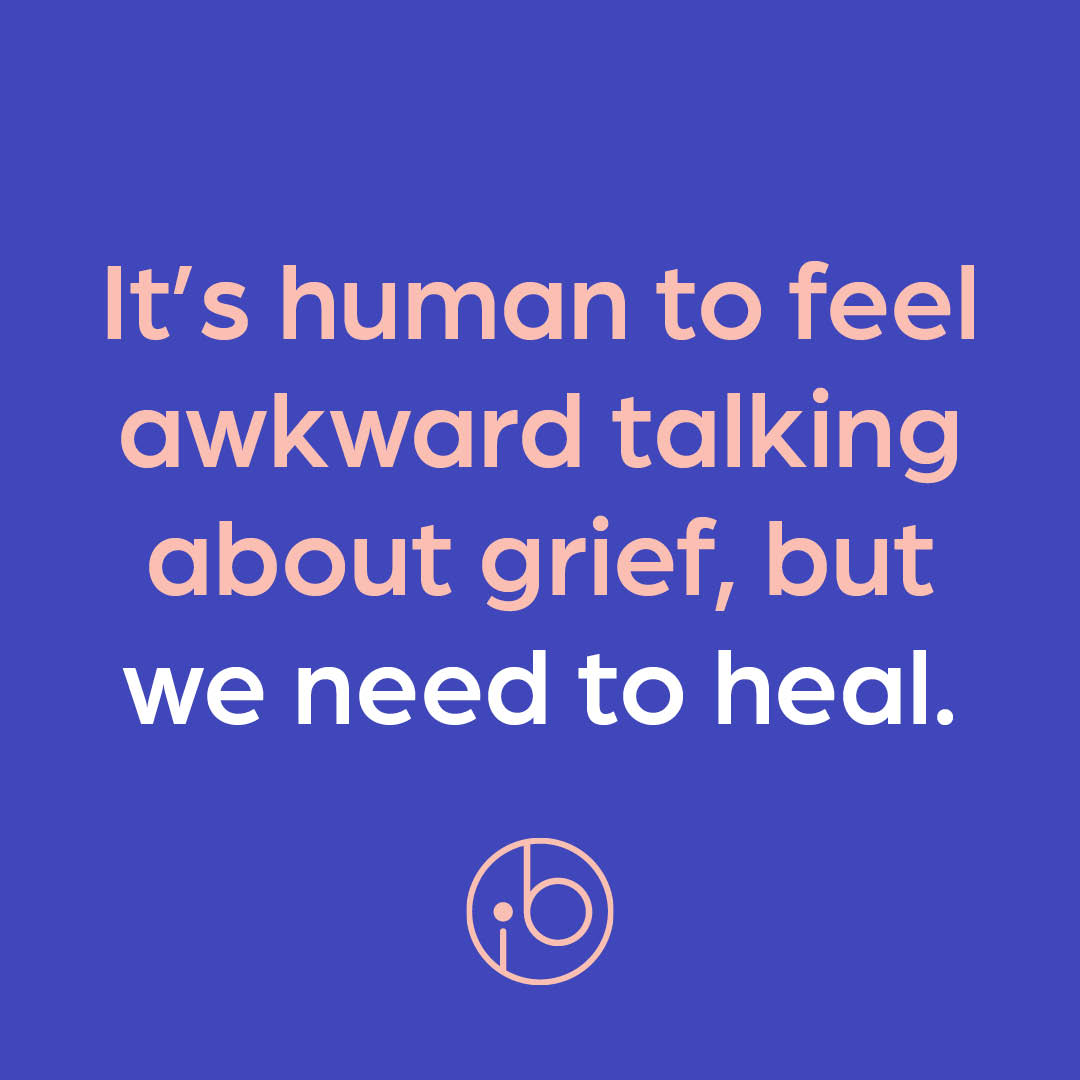
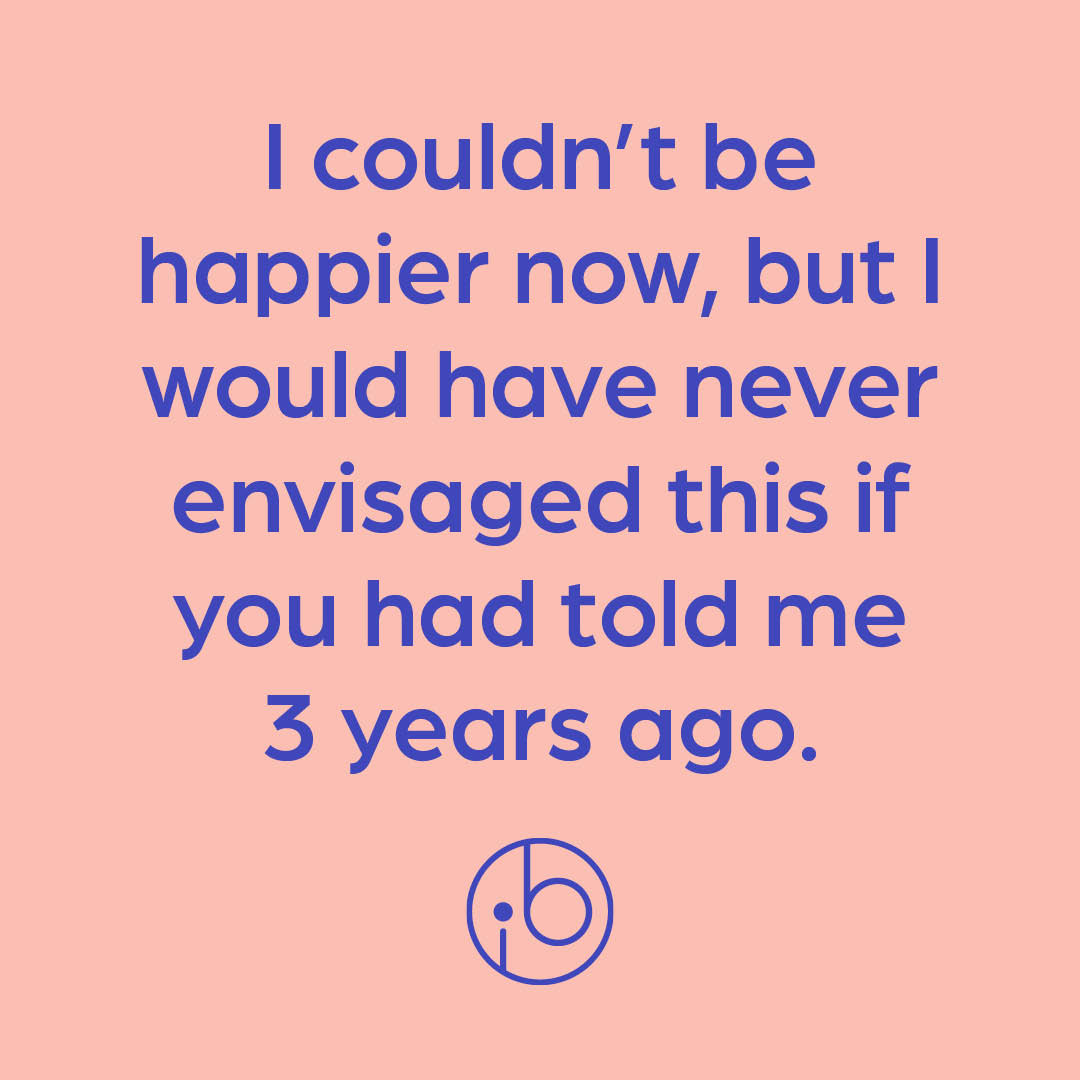
It’s amazing that you were able to process your grief by capturing your thoughts, writing them down and connecting to people. But to those people who feel they just can’t talk to anybody, and they bottle everything up inside, what would your advice be to them?
It’s a hard one, because I reached out to Sands literally the week she died. Then I declined their calls. Then I rang them back, then I saw them ringing and pressed decline again. I didn’t want to talk to anyone. But they kept trying with me, they were so, so good. Sands were ringing me back and messaging me to say ‘We’re here. Do you want to talk?’ but not overdoing it. I just didn’t want to talk because talking about it was too painful. And I think everybody deals with it in their own time.
But to those people who can’t get out of bed and don’t want to face the world, it’s important to understand that you are allowed to feel like that. It’s important to feel how you feel, and not try and force anything. But it’s also important to understand that you can come out the other side and there’s hope art the end of it. Because a lot of people don’t see hope and they don’t live for hope. But hope is one of the most important things we can cling onto in life. If we don’t have hope, we don’t have anything.
So, we have to reframe our mindset. I had to change my perspective on things. Would Consy want me lying in bed all day? Would my mum want that for me? Would they want to see me going out partying all the time, throwing my life away? What would they want to see me doing? So, I channelled all that anger and that pain into something positive. I think reframing your mindset is hard but it’s one of the biggest things that got me out of bed. Forcing that reframe, reading self-help books, figuring out what I want to do and just pushing, getting that strength from somewhere.
It's a good thing you did pick up the phone to Sands. How soon after the hospital did you finally form that connection with them?
I think it was the day after. So, I knew their message was there in the back of my head and I responded after a few days. And we started liaising from there. It took me a while to actually speak to them, but they were amazing, and they reached out straight away without hesitation.
In terms of the charity itself, was it a regular person you spoke to or a team of people? And did you speak on the phone or through messages?
Either. They communicate through whichever method you feel more comfortable with which is brilliant. For me, it was speaking on the phone, but they can talk in person, on the phone, over text or online. It’s brilliant.
And have you found that you’ve made connections with other people who have experienced a similar situation, through your relationship with Sands?
Yes! When I announced I was an ambassador for Sands, so many people reached out to say they would fundraise for Sands and do different bits of work for them. It was so nice to see, because there was so much support behind it.
It was also interesting to see the conversation around baby loss, because I didn’t really have a clue about before it happened to me. Sands do so much to raise awareness of it. I remember going to the headquarters and meeting the team and everyone was so passionate. It was so nice to see. They want to make real changes. Even with the smallest things they want to make a change – like giving birth and then having to literally lie in hospital with other mums that have their babies but you don’t have your child – they’re trying to create change around things like that. They do so much work you don’t even think about.
They really do amazing work!
In terms of balancing everyday life, you’ve obviously been through a lot of trauma but now you’re in a great place. How do you move on and what is it that keeps you going?
It’s hope. You go through that and feel like you’re back at square one but with a lot less. I was single and living on my own and just working – I lived to work for a long time but in the back of my mind I could envision the future I wanted. I wanted a family, I wanted to meet someone who loved me and appreciated me and provided those things for me. But I had to put those things to one side and focus on being in the present moment and living in the now, which is hard to do.
I think all these little tools - waking up, meditating, practicing your gratitude, being optimistic, having hope, creating a vision board – if you can see it in your mind, you can achieve it in your reality. That’s been a huge life saver for me. Focusing on spiritual practices - lighting incense in the morning and having candles around me, creating a serene vibe and having good people around me – that was all important to me.
Life unfolds in a very magical way. It unfolds exactly how it should do at the right time with the right people. And I couldn’t be happier now. But I would never have envisioned this, if you’ve told me three years ago or even two years ago. It wouldn’t have been possible. That’s why you need to cling on and never lose hope.
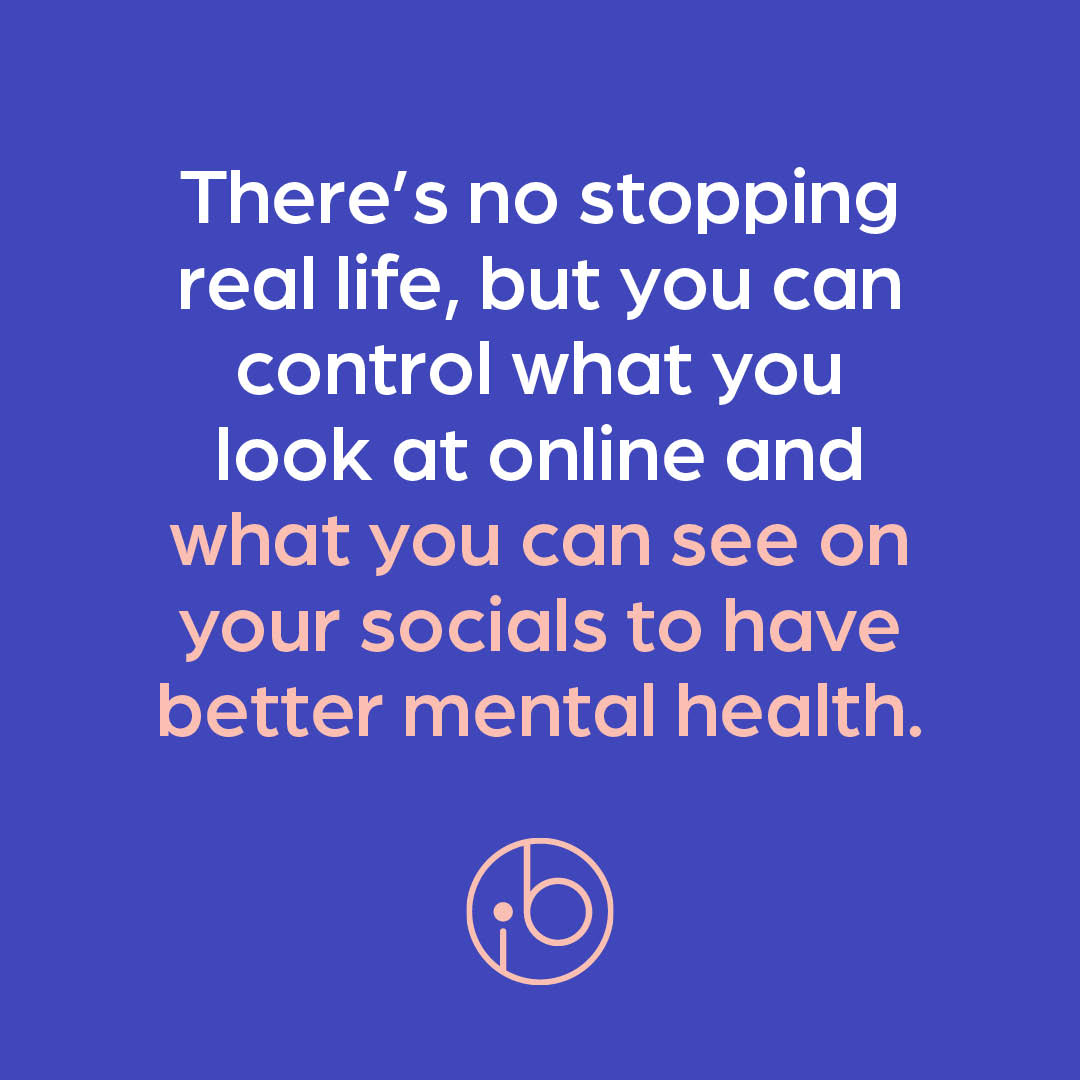
And I guess it helps to have a supportive partner that you can talk to and share all your anxieties with. How is he supporting you?
He’s brilliant! He’s just put dinner on the table! (Laughs) He’s just brilliant. I can’t fault him at all.
That’ll come in handy when you’re doing the batch cooking ahead of the birth!
(Laughs) I know! Oh god…
So, how are you planning on looking after yourself in the run up to the birth? How many weeks are you now?
I’m 24 weeks – I don’t even know – it’s all a blur!
I’m just taking my time with things. I’m loving it. I’m waking up a bit later in a morning and if not, then I’m having a nap. I’m not putting too much pressure on myself. I think having a healthy body and healthy mind is really important in pregnancy.
Definitely! And you’ve got Christmas coming up…
It’s my birthday next week as well!
Double celebrations! Brilliant! So, with work and relaxing – how are you balancing that at the moment? Are you planning on winding down a little bit more towards your due date?
Probably not. I’m a bit of a workaholic - I absolutely love it! And I’ve got great management too, so everything is really organised and structured. I’m really blessed to be able to work from home unless I have an event or meeting that I have to venture out for. It’s not stressful at all, and I enjoy what I do which is why I don’t mind doing it. I might be a little bit slower now in the mornings… I can’t even bend down to do my shoelaces now! The balancing has worked out perfectly, as long as I make sure I get my self-care in. My partner has run me a bath as well – so I’ll be getting into that after I’ve had my food! (Laughs)
But getting that balance is important. A lot of people over work and feel they need to do everything now before the baby comes but you need to take some time out for yourself, it’s important.
As you say, it’s about staying positive but in your own way. Addressing when you’ve had a bad day and putting those practical things into place that help make things easier.
Yes definitely!
That’s a lovely note to end things on. So, for anyone that wants to follow what you’re saying and your mantras, where’s best for them to find you?
So, I have lots of highlights on my Instagram feed. Every morning I post something, though I tend to look like the Grinch first thing, and because it takes longer to get ready now, I end up looking like the Grinch until 2pm so it just gets later! (Laughs)
I also have my book which will be on pre-order at the end of the year. Honestly, I’m so proud of myself. It’s a self-help book and an autobiography and it should help you overcome things and show you how I overcame certain events in my life.
It sounds brilliant! Thank you so much Malin – good luck with everything that’s going on over the next few months and I’m sure we’ll be checking in with you very soon!
Thanks for having me!
So, there you have it. That’s Malin and her incredibly story. It’s very inspiring to see just how far she’s come and how she’s been able to take a personal tragedy and turn it into a positive outcome, not only for herself, but for the people she helps.
As she said, you can find all her words on wisdom on her Instagram feed – and if you have experienced baby loss, then please do reach out to Sands. It’s not an easy conversation to have but it’s a necessary one and the team at Sands are always on hand to help you through.
Please take care and look out for more blogs around physical and mental health during pregnancy in the future!

